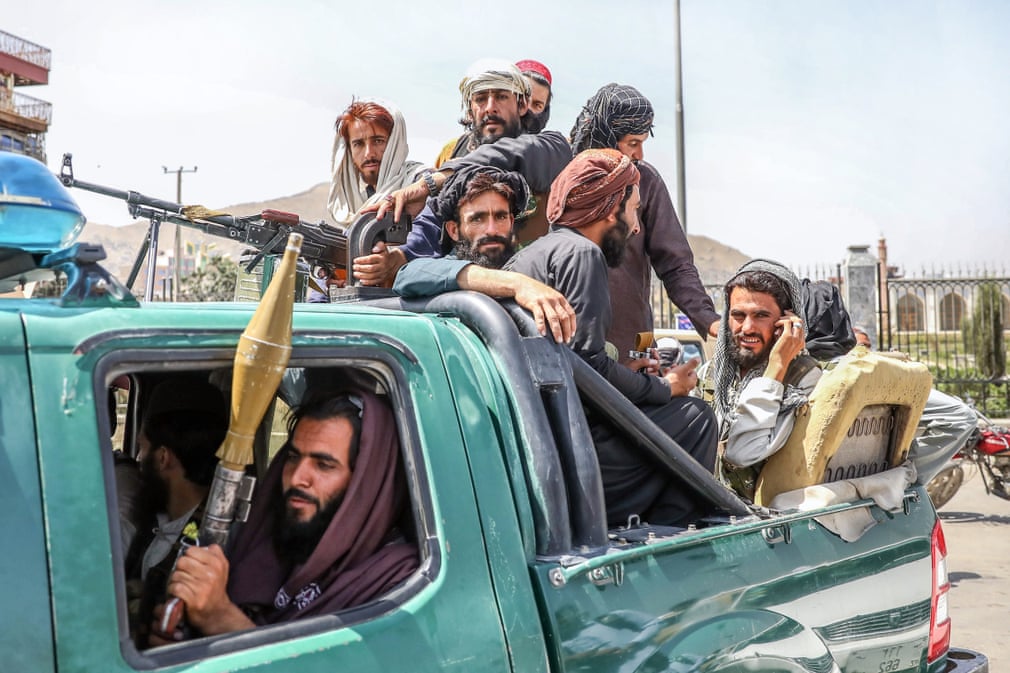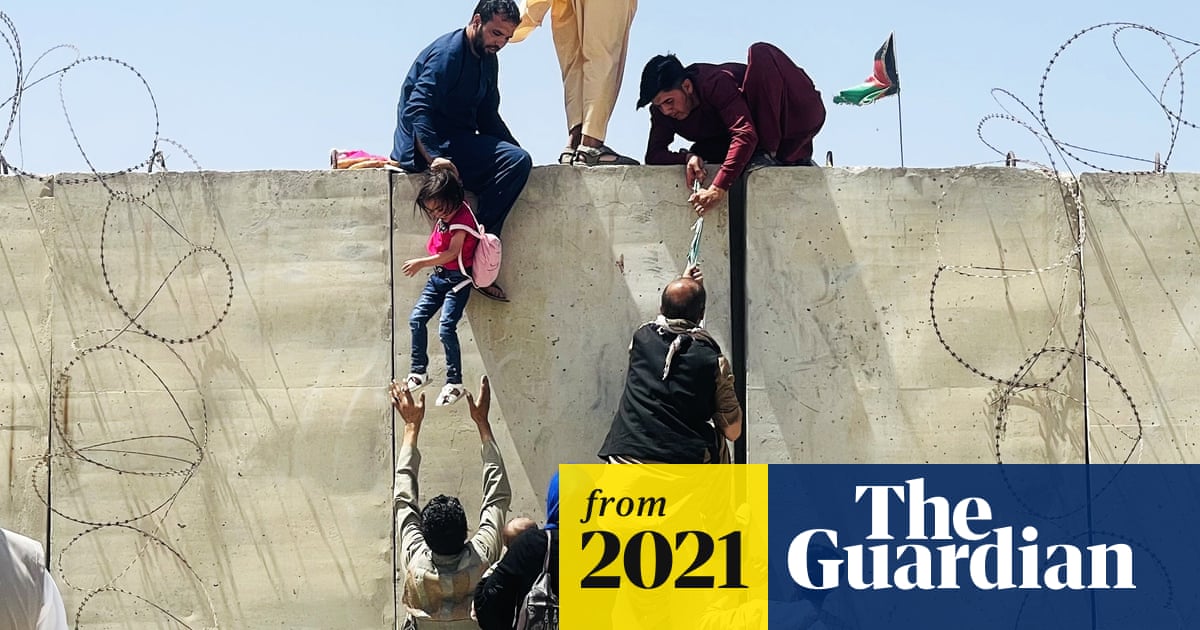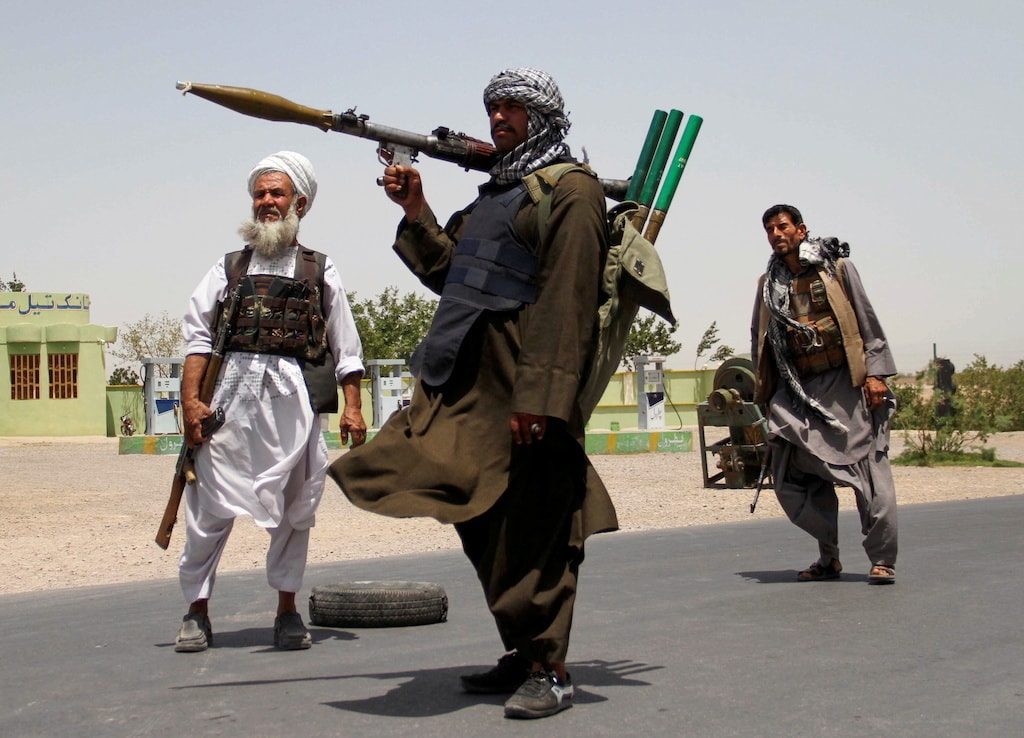That is the troubling overview set out by the World Bank several months before the Taliban takeover.
Economic prospects look even more precarious now, as future financial assistance is under a cloud of uncertainty.
Afghanistan does have substantial mineral resources, but the political situation has impeded their exploitation.
The aid dependency is striking. In 2019, World Bank figures show development aid was equivalent to 22% of gross national income (which is not the same as GDP, but close to it).
That is a high figure, but it is down a long way from the 49% the World Bank reported 10 years earlier.
Now those aid flows are under a cloud of profound uncertainty. German Foreign Minister Heike Maas told the broadcaster ZDF last week: "We will not give another cent if the Taliban takes over the country and introduces Sharia law."
Other aid donors are sure to be watching developments closely.

What next for Afghanistan's economy?
Now that the Taliban are back in control of the country, can its financial system function?








 , mutta mielestäni se pyrkii rehellisyyteen ja jopa journalismiin. Niitä harvoja, joista kannattaa maksaa rahaa.
, mutta mielestäni se pyrkii rehellisyyteen ja jopa journalismiin. Niitä harvoja, joista kannattaa maksaa rahaa.

